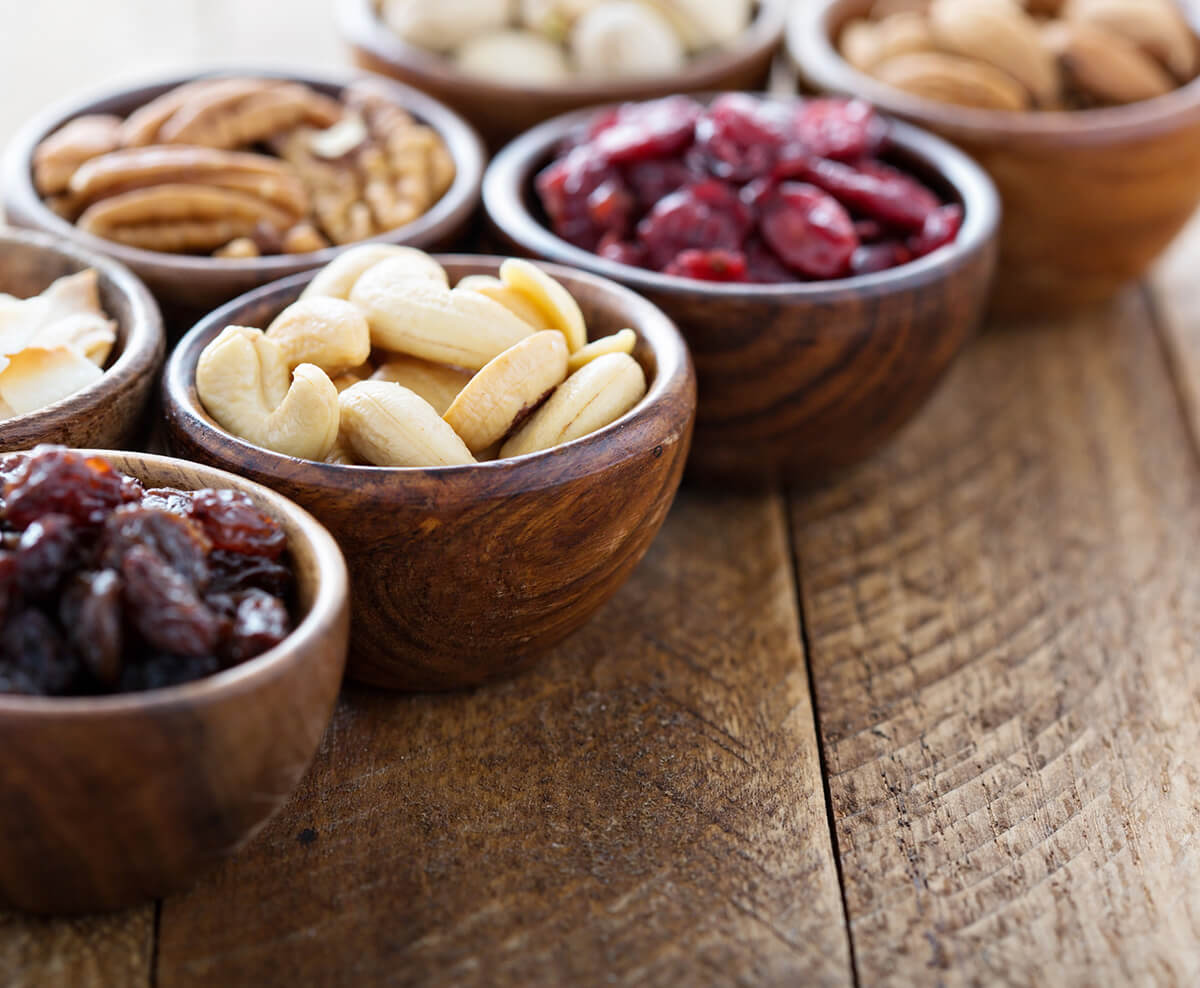Nutrition & Mental Health
Most of us know and think about how food makes our bodies look. Too many cheeseburgers aren’t good for the abs. But how many times have you asked yourself, “I wonder how these chips will affect my mood?” Or “Will this cupcake help decrease the anxiety I am feeling?”.
Recent research coming out of the American Psychiatric Association shows us the extent all of us have underestimated the impact food has on our mental health. This new wave of research is called “Food Psychiatry,”(1). What the researchers are finding is that if food has the power to make us feel negatively, it also has the power to positively change and oftentimes eliminate negative mental health symptoms or diagnoses. For example a recent report cited adults who most closely followed the Mediterranean diet consistently for over 4 years had a 40-60% reduction in risk for developing depression. (2)
The obvious question is which foods will actually help create those positive moods we’re all craving. So as you head to the grocery store, here are some of the top foods that will benefit your mental health:
Oysters are one of the best foods for our brains. The reason is shellfish (but especially oysters) are packed with Omega-3 fatty acids (which ultimately are converted to DHA) translating to a great food for people with anxiety and mood disorders. In addition oysters have shown significant results in decreasing depressive symptoms.
Dark Chocolate is one of the leading foods that contains magnesium. Magnesium has been dubbed the “ultimate chill pill” helping people feel and think calm thoughts. Historically, humans had no problem getting their daily dose of magnesium, but because of food processing and changing soil content magnesium has become more difficult to obtain. Magnesium has also been shown to decrease anxiety, depression and apathy. Dark chocolate is also a leading source of tryptophan. Tryptophan is a precursor to serotonin which is a neurotransmitter (a brain chemical used to communicate information to our brain and body) that communicates happiness and positive mood.
Leafy Greens are an excellent source of fiber, folate, magnesium and vitamin K. Diets that consist of regular high intake of fiber often lead to people having higher energy and generally being happier people. Folate, which is a vitamin B, can have strong, positive affects protecting against depression. And Vitamin K has been shown to help people with mental acuity and clarity, especially as we age.
Nuts are also high in fiber and vitamin E. Vitamin E is considered to be a powerful agent against stress and stress induced depression. In addition, vitamin E helps keep your mind sharp. If you have a sweet tooth, try swapping out the Skittles with dark chocolate covered almonds.
A good rule of thumb is if food is packed with vibrant color then it is packed with good vitamins.
What should you avoid? Think beige. Pizza, pasta, crackers, chips, the usual suspects. While none of these things are inherently bad, just remember that they’re not poised to make you feel better.
One important thing to note is we live in a vitamin popping age. And while vitamins are certainly a good thing, it is encouraged by professionals to go straight to the source. Our bodies soak up nutrients in a much more efficient way if vitamins are consumed in the way they were originally intended. Meaning the benefits of DHA and folate etc. will be that much more powerful if we eat them whole.
~ Ashley Banister Riley



